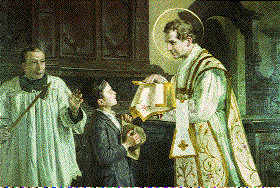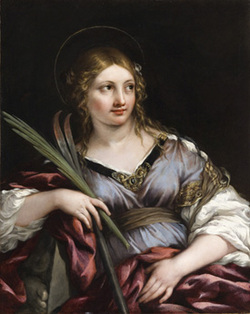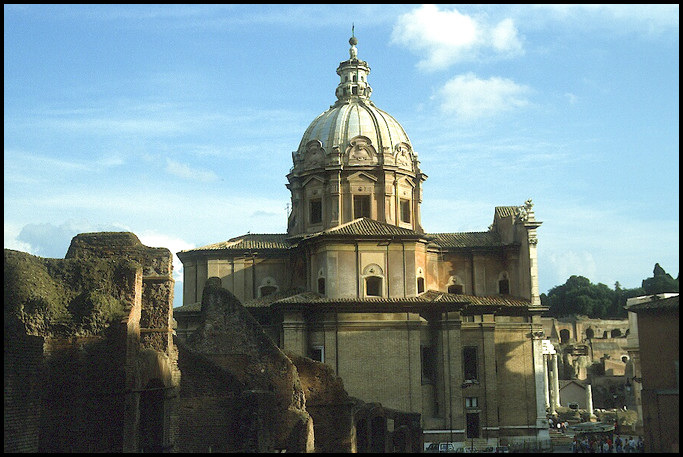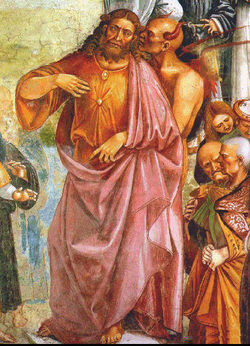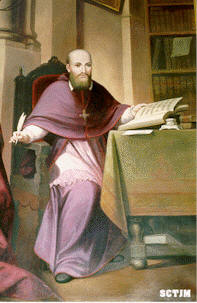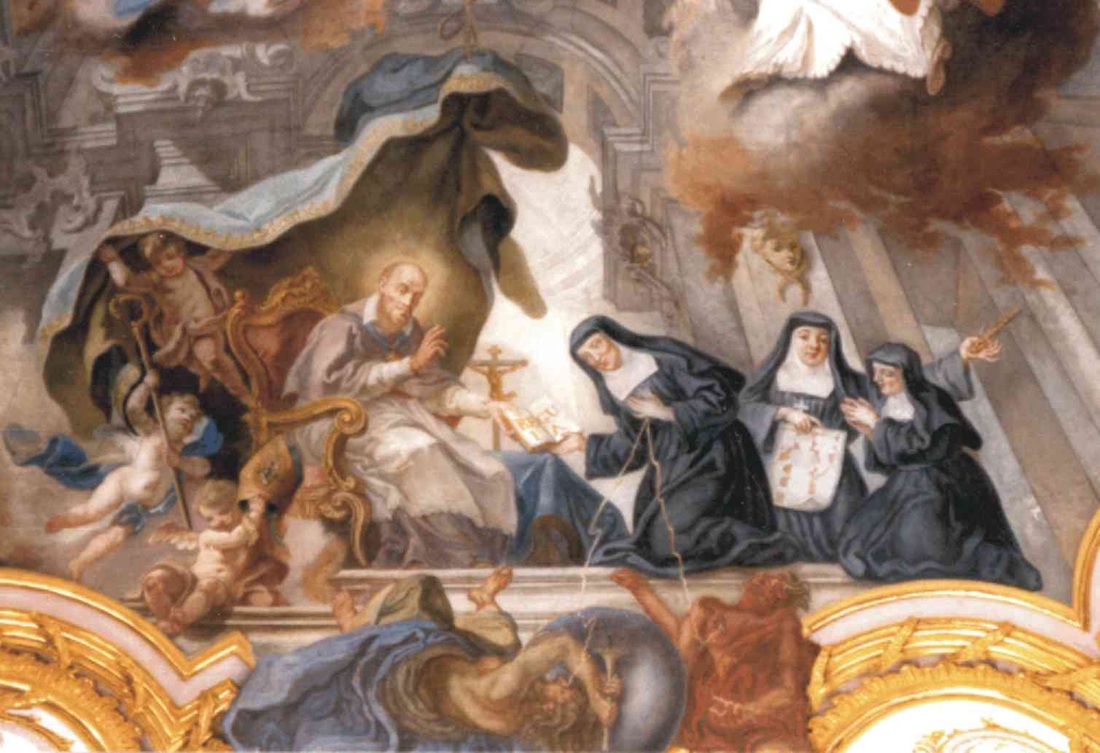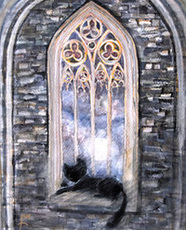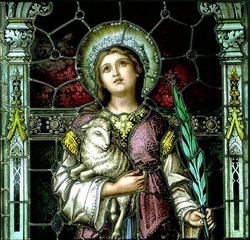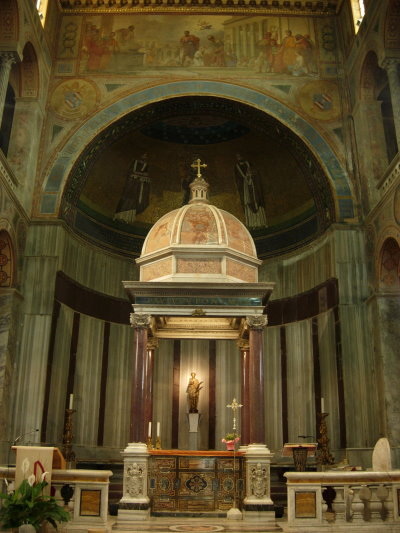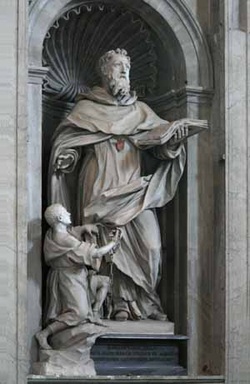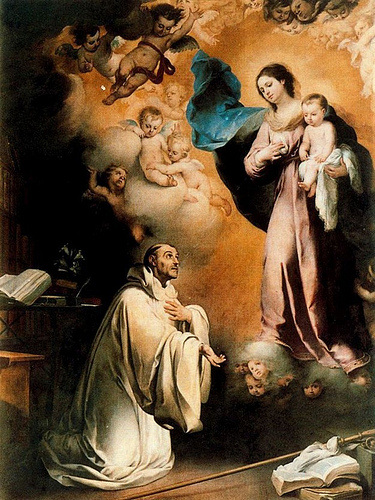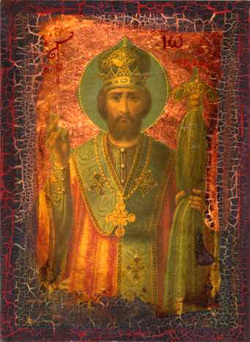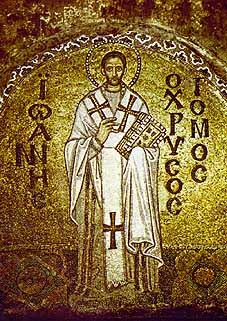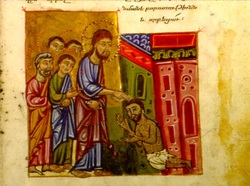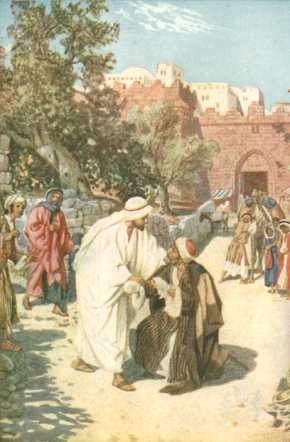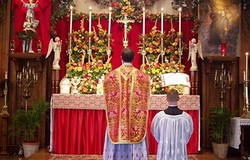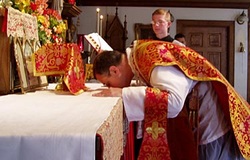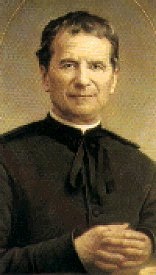
His wish was fulfilled, and he went first to Chieri, and then to Turin, where under the direction of Blessed Joseph Cafasso, he made rapid progress in the science of the Saints and in the learning of moral theology. There moved by divine grace and personal liking he began to take an interest in the youths, whom he taught the rudiments of the Christian religion. Their number increased day by day, and notwithstanding great and persistent difficulties, under divine inspiration he made a foundation for them in that section of the city called the Valdocco, on which he began to spend all his energy. Shortly after, with the help of the Blessed Virgin, who in a vision to him when a boy had revealed his future, John founded the Society of the Salesians, whose principal purpose was to be the saving of youthful souls for Christ. In like manner he founded a new family of nuns, who were called the daughters of St. Mary Auxiliatrix, and who would do for poor girls what the Salesians were doing for boys. To these he finally attached the Third Order of Salesian Cooperators, who by their piety and zeal were to assist in the educational work of the Salesians. And so in a short time he made great contributions both to the Church and to the State.
Filled with zeal for souls, he spared himself no labour and no expense to build recreational centres for the young, orphanages, schools for working children, schools and homes for the training of the young, and churches far and wide throughout the world. At the same time he did not stop spreading the Faith throughout the Subalpine country by word and by example, and throughout the whole of Italy, by writing and editing good books and by distributing the same, and in the foreign missions to which he sent numerous preachers. A simple and upright man, bent on every good work, he shone with all manner of virtue, which was fostered by his intense and ardent charity. With his mind always on God, and showered with heavenly gifts, this holy man of God was not disturbed by threats, nor tired by work, nor overwhelmed by care, nor upset by adversity. He recommended three works of piety to his followers: to receive as frequently as possible the sacraments of Penance and of Holy Eucharist, to cultivate a devotion to St. Mary Auxiliatrix, and to be the most loyal children of the Sovereign Pontiff. It should also be mentioned that John Bosco in very difficult circumstances went to the Pope more than once to console him in the evils coming from laws at that time passed against the Church. With a life of such accomplishments he died on the 31st day of January, 1888. Illustrious for his many miracles, the Supreme Pontiff, Pius XI, beatified him in 1929. Five years later, in the nineteenth centenary of the anniversary of our redemption, he was canonized among a vast gathering come to the Eternal City from every part of the world.
